Samsung Galaxy S9+ review: the best plus-size phone of 2018
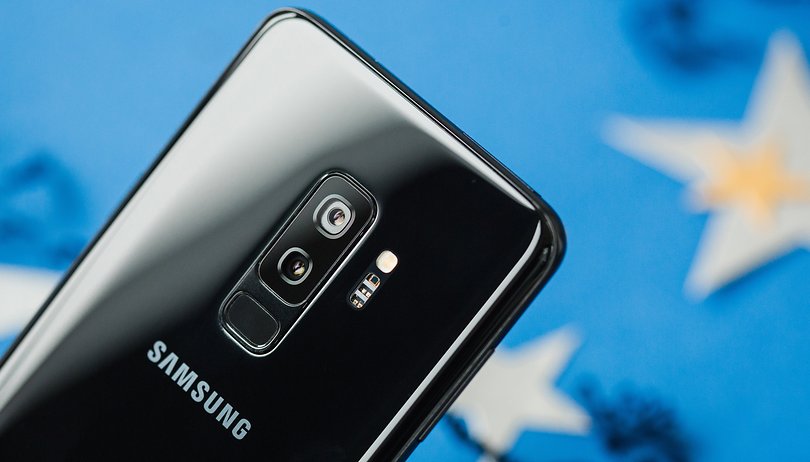

We’ve said it many times now: Samsung’s new top-range products aren’t just revolutions, they’re also evolutions of previous models. I’ve tested out the Galaxy S9+, which leaves all its cards on the table and is considered the best Android smartphone in circulation at the moment, but will it be enough to compete with Sony, Huawei, OnePlus and others in the long run?
- Samsung Galaxy S9 review: love and hate
- Sony Xperia XZ2 Compact hands-on review: good things in a small package
The new format of our reviews includes the integration of articles dedicated to specific aspects and features. Check back on this article again to find all our insights on topics such as performance, battery, display and more!
Good
- Best display in the world
- Excellent performance
- Dual camera
- Variable aperture in main camera
- Quick recharge
- 6GB of RAM
Bad
- Battery life
- Iris Scanner and Face Unlock
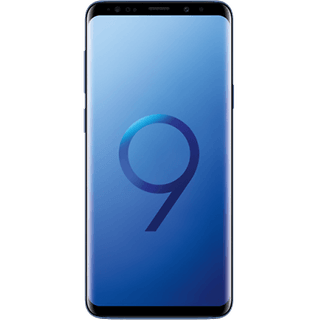
Samsung Galaxy S9+ design and build quality
From an aesthetic point of view, the Samsung Galaxy S9+ clearly doesn’t differ much from its predecessor, and when you view it from the front, it’s almost impossible to distinguish it from the Galaxy S8+. As always, the devices features two Gorilla Glass 5 curved glass panels at the edges as well as a metal frame and a solid construction.
At 158.1 mm in height, it’s slightly shorter than last year’s model. It is imperceptibly wider and thicker with a 73.8 mm width and 8.5 mm depth (gaining .4 mm in both dimensions). The weight has also increased by 16g to 189g total: with the device in your hand you won’t really notice these changes, but you will notice how the shape of the metal structure has changed.
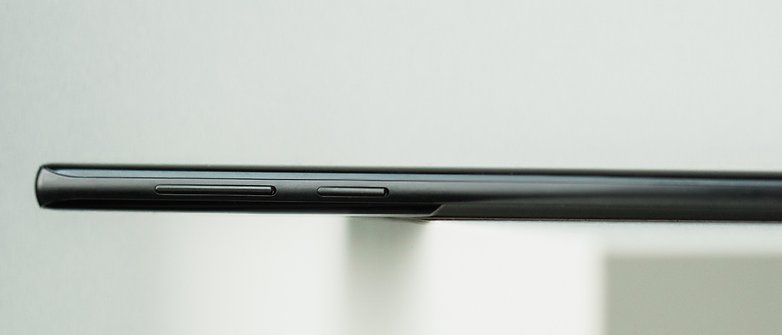
The smartphone’s metal frame is less rounded and the transition from glass to aluminum feels smoother when you grip the phone. I personally preferred the finish of the S8+; the Galaxy S9+ is slightly more square and is more reminiscent of the Note 8, so the S9+ looks like a strange mix of the top two top-range devices that preceded it in 2017.
The fingerprint reader has been moved and is now located underneath the two rear cameras. The positioning is better than last year’s flagship model, but still remains strange: it’s too low to be reached naturally and the flattened shape doesn’t make it easy to use. Last year’s model tended to make the camera dirty because the user always had to reach over it, and this year’s model does the same thing although in a different place. The fingerprint reader’s speed still isn’t competitive with Huawei’s and it doesn’t always recognize gestures.
Like before, the devices comes with IP68 certification to resist water and dust.
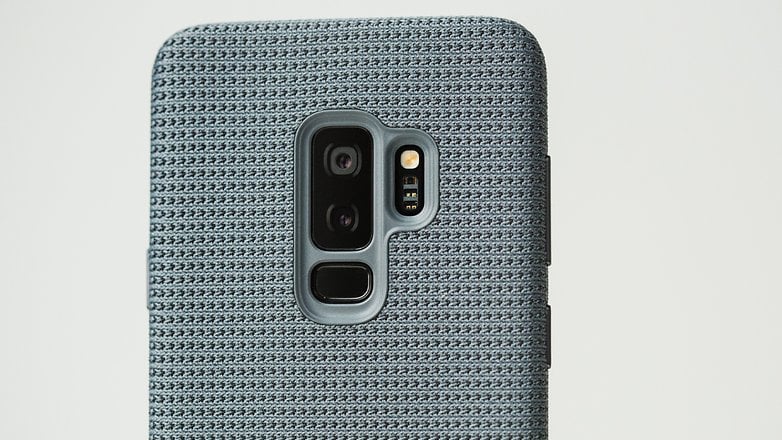
Samsung is second to none
The Galaxy S9+'s display is the best in the world of smartphones. Period.
This is what Display Mate has reported after thoroughly testing the panel, and we can confirm that it’s true. As you may already know, Samsung also produces OLED panels for iPhone X and certainly wouldn’t let the smartphone from their biggest competitor outdo them in this respect. The S9+ (and its little brother) stole the top ranking from the iPhone X with a 6.2” Super AMOLED panel with 1440 x 2960 resolution and HDR10 support.
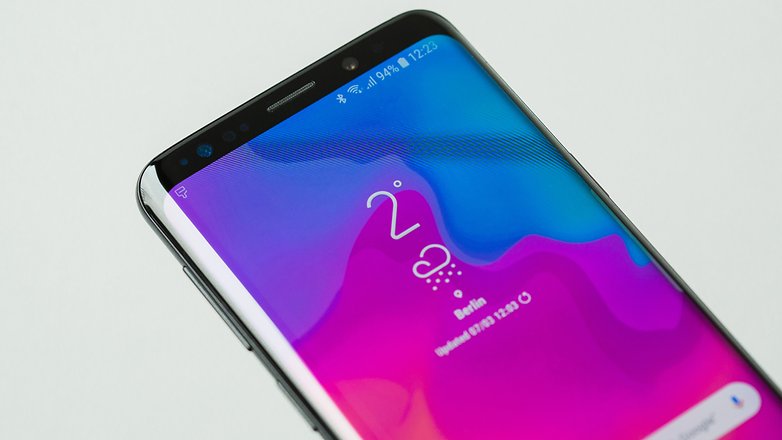
Both the size, resolution and the 18.5:9 aspect ratio remain the same as last year, but the panel has improved in brightness and in terms of correct color representation. The home software button remains unchanged, but is now sensitive to pressure on the display.
If you are interested in a more in-depth analysis, I’ll refer you to our article directly below on accurate measurements and data:
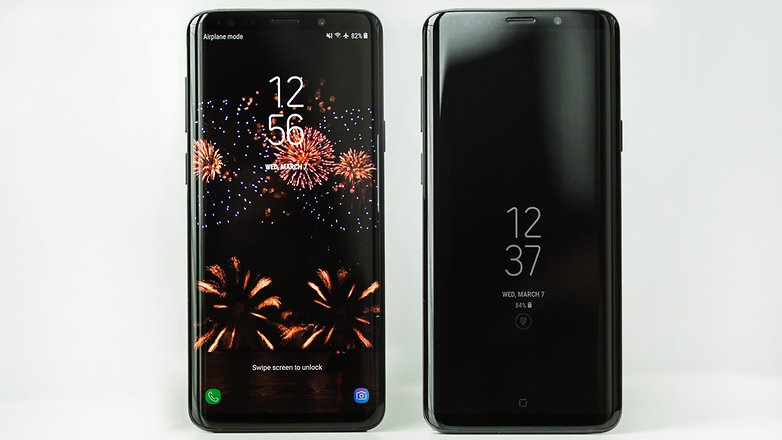
"Wow"on paper, "Meh" in person
The Samsung’s flagship should have unrivaled performance at the moment. The international version of the Galaxy S9+ is equipped with a SoC Exynos 9810 processor produced by Samsung as well as an eight nuclei CPU (4x Moongoose M3 at 2.7 GHz and 4x Cortex-A55 at 1.8 GHz) and a Mali-G72 MP18 GPU. The US version has a Qualcomm Snapdragon 845 (4x Kyro 385 Gold at 2.7 GHz, 4x Kyro 385 Silver at 1.7 GHz and an Adreno 630 GPU).
Both variants have 6GB of DDR4X RAM and 64 or 256 GB of internal memory. In the UK the 256 GB variant has been replaced with a 128 GB version and is slightly cheaper. You can also expand the device’s memory with a microSD of up to 400 GB if you sacrifice the slot for the second SIM.
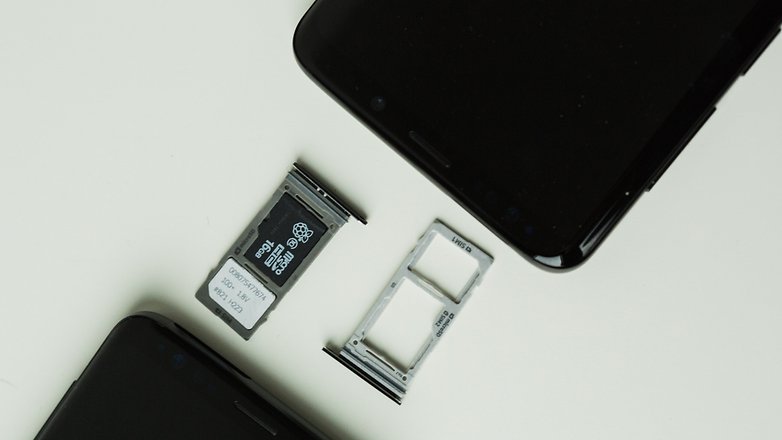
The version we tested is the one with Samsung SoC, but the performance of the two models should be comparable. In the following article you’ll find all the tests we did on our smartphones with tables and more detailed explanations:
In everyday use I can assure you that you won’t feel a difference in comparison to the Galaxy S8+, aside from in a few small moments. What really struck me the most, however, is that it doesn’t seem like this new generation of smartphones has really improved much from the last one.
I noticed this especially in relation to the device that I had before the S9+, the Google Pixel 2 XL. In many of the simplest everyday operations (like scrolling through the social timeline or switching between the various open apps), the S9+ seemed less responsive than Google, which has hardware from the past generation. I’m not saying that the S9+ has any obvious uncertainties or problems of any kind, but the Google smartphone runs more smoothly under your fingers, probably thanks to having the simplest and most optimized smartphone.
Samsung always improves at a snail’s pace
The Galaxy S9+ comes with Android 9.0 Pie and the latest security patches from February 2018. it wasn't the case at launch, but Samsung has finally caught up and now ships these with the newest software.
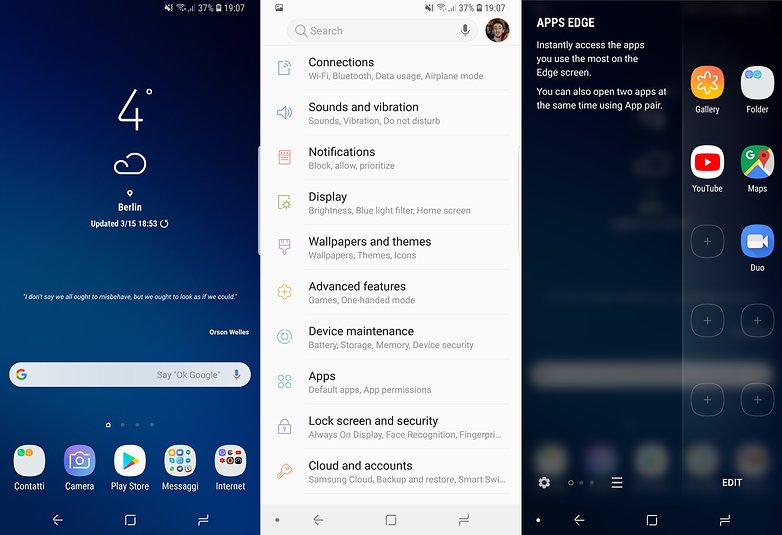
The software, as per usual, was customized by the Korean company with Samsung One UI, the latest version of the Samsung Experience customization. There aren’t that many differences and the heaviness of the software has decreased over the years, keeping only a few apps duplicated in comparison to Google services. But in comparison to Android stock, the differences are obvious.
There have been improvements in comparison to past models, and sometimes the extra touch that the company provides to its smartphones is exactly what makes the difference between a boring device and a pleasant one.
The iris scanner and face unlock combine forces
The iris scanner and face recognition unlocking function were already available on last year’s flagships. Starting with the Galaxy S9 and S9+, they can be used simultaneously thanks to the Intelligent Scan function.
The function scans the user’s irises and the classic facial recognition (not 3D like on the iPhone X) ensures a faster unlocking speed and better reliability. This means that your smartphone will primarily rely on face recognition, if you can’t immediately scan your irises. You can’t use face recognition in the dark and you’ll therefore have to rely on the iris scanner.
This is noticeable as the unlocking speed decreases after the sun sets. You also have to position the smartphone more precisely in the dark to allow the scanner to see your eyes.
The Plus gets a second camera
One of the main differences from the Galaxy S9 is the presence of two photo sensors at the rear. Both cameras are 12 megapixels and are optically stabilized. The main camera features hybrid PDAF and laser autofocus, dual pixel technology, and variable aperture between f/2.4 and f/1.5.
The secondary camera has telescopic lenses with two times more zoom than the main camera. It is also the same camera found on the Galaxy Note 8, which therefore allows the use of Live Focus mode, which via software can simulate a very good bokeh effect.
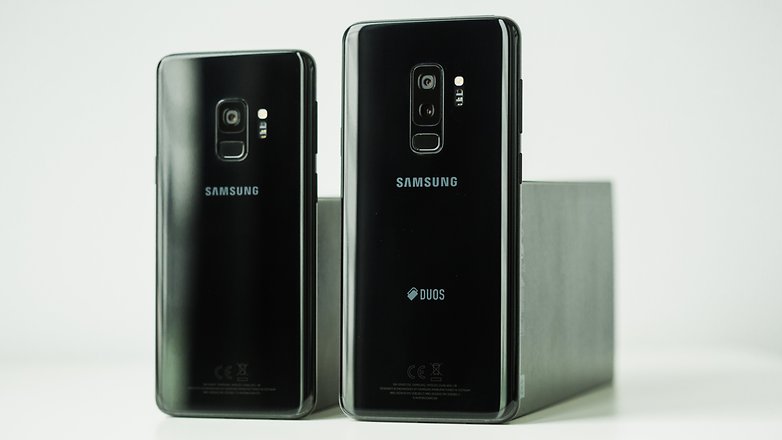
As with the small Galaxy S9, the super slow motion function of the main camera is particularly impressive. From a technical perspective, Sony provided the basis for this, as only the Japanese company currently has DRAM buffer memory built into the sensor. Unfortunately, the Galaxy S9+ can only record up to 960 frames per second in HD resolution thanks to this memory.
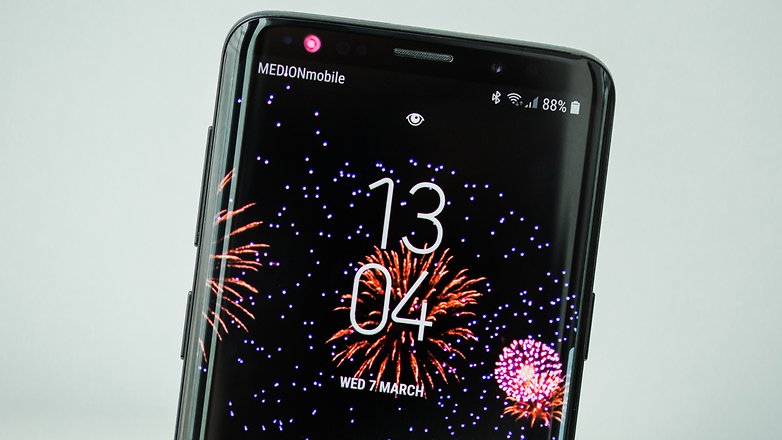
The software differs slightly from Sony’s because it is able to detect movement in the scene and can operate in super slow motion without input from the user. In this way, it is more difficult to miss the precise moment to slow down. In my experience, this mode is particularly interesting when it works, but it needs too much light for pleasant results and it doesn’t always capture the right moment.
The front camera is 8 megapixels, f/1.7 and has autofocus. You can use the front camera to create so-called emoji AR, but we’ll discuss that later on in an article dedicated to the function.
The photos taken by the device are of a high quality, so much so that DxO Mark (a site specialized in testing photo sensors) named the S9+ the best smartphone camera, right above the Google Pixel 2. In my personal experience, in fact, the photos taken aren’t that much better than the Pixel’s, and in some cases are even far less pleasant. Google’s HDR+ algorithm and software processing are much more satisfying than the more elaborate, but less immediately photographic software for the S9+. Since then, the Google Pixel 3 has come along though.
Turn up the volume and start dancing
As my colleague Luis explained in his review of the Samsung Galaxy S9, the South Korean company’s acquisition of Harman Kardon has been fruitful. Not only does Samsung’s flagship now have stereo speakers with powerful volume and excellent quality, but it also comes with the same AKG earphones that were supplied last year with the Galaxy S8 and S8+.
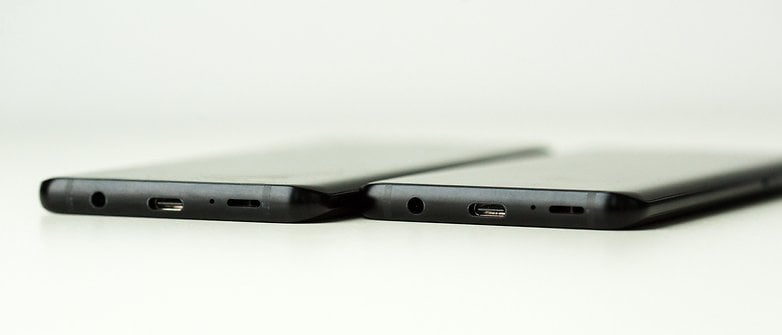
Furthermore, the Galaxy S9+ has Dolby Atmos certification. It also has Bluetooth 5.0, which allows for better connection with accessories (including headphones) and also allows the simultaneous connection of two separately controllable speakers or Bluetooth headphones.
All you have to do is turn up the volume and start dancing!
High price but Samsung is by your side
There’s a lot of good news about the price, availability, and special offers from Samsung. The price for the Galaxy S9+ unlocked with 64 GB of memory is under $600 these days. You have three colors to choose from, just like for the S9: Midnight Black, Lilac Purple and Coral Blue.
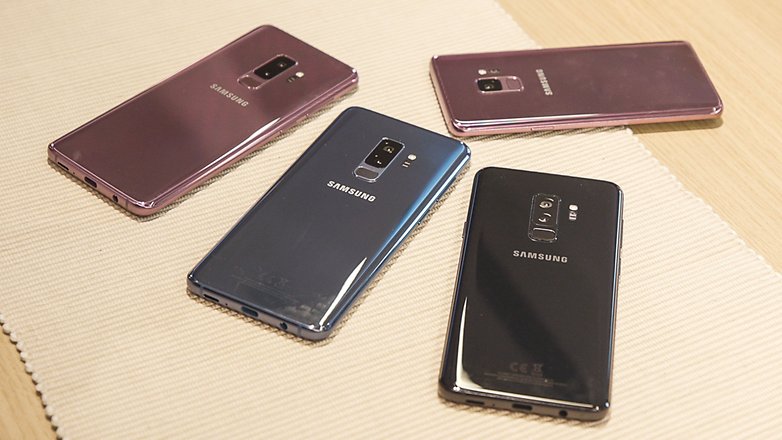
As an incentive to purchase a Galaxy S9+ or S9, Samsung offers a trade-in program. Through this program you can receive a discount by sending in your old smartphone and purchasing one of the Galaxy S9 models.
Samsung Galaxy S9+ technical specifications
Final verdict
The S9+ is the new bully on the block: it’s big, strong, and fast. Of course, the Korean company’s rivals will certainly not just let it rule the market. The Huawei P20 Pro and the Xperia XZ3 can give the S9+ a run for its money but can't quite offer such a well-rounded premium package.
On the other hand, Samsung is playing on the safe side and producing a device that is already lauded by critics and users. It is a device that is sure to satisfy the needs of everyone, ranging from business customers to loyal fans.
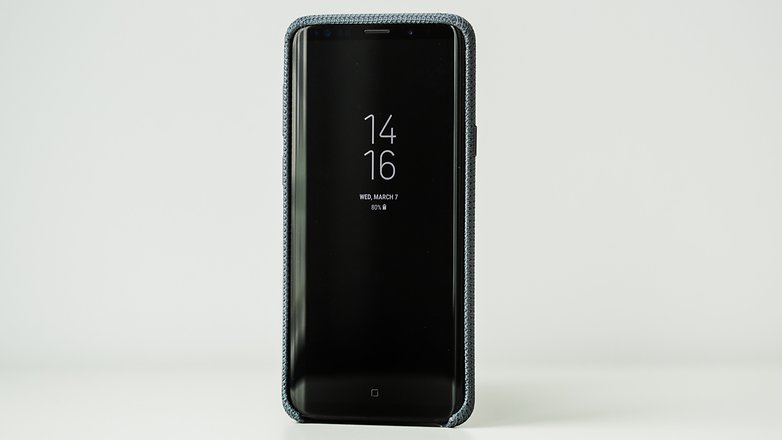
The Galaxy S9+ is a beautiful and elegant device, but lacks the wow effect that accompanied the S8. The design won’t make any news, but it remains a device that can compete and outperform the competition in every respect. Multimedia content is a pleasure thanks to the best display ever and well-equipped audio. Games run (almost) perfectly.
The 3300 mAh battery will get you through the end of the day, but it’s not shocking, as the results aren’t very different from last year’s model. Fortunately, charging is extremely fast and wireless charging is still available. Samsung is also staying competitive with accessories that seem straight out of the future: DeX Pad allows you to use your smartphone as a PC and Gear VR allows you to entertain yourself with virtual reality.
If you want the most powerful smartphone currently on the market, with the best display and the best camera, there is no alternative at this price. If you’re looking for a smartphone with excellent value for money, stock software or long battery life, you should consider looking elsewhere, as the Galaxy S9+ inherits all the flaws from its predecessor and only improves upon the points where it was already excelling.
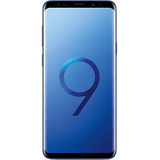






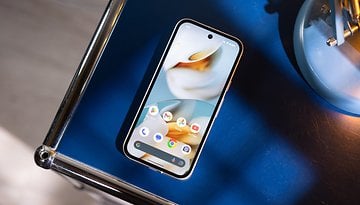
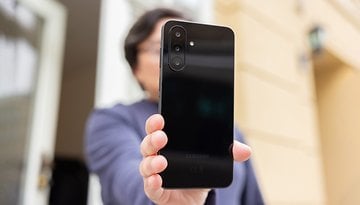
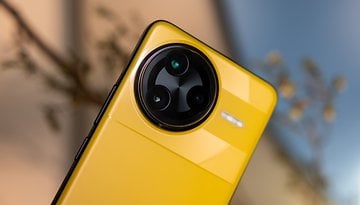
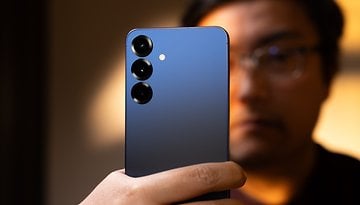
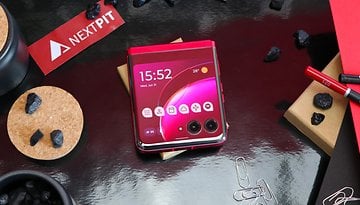

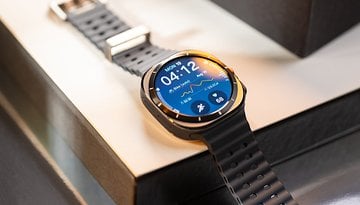


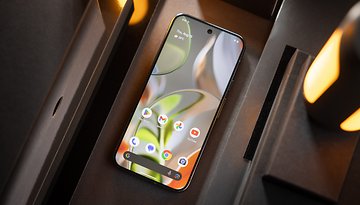




You - bzzt! ;)
Almost an year has passed now. Eagerly waiting for Samsung galaxy S10 plus.
Performances are at the highest level.
Price also, too!
I have the S8 + Galaxy, and I do not think it's worth the switch at the moment for the S9 +. best wait and see how it will be the Pixel 3.
I haven't had a Samsung phone since the Note 2, and coming from pretty much stock android (Z Play) I wasn't sure how I would like the S9+. Loving it so far, and not even a Bixby hater.
You know, that's something I don't understand. Why do people hate Bixby? It's not a competitor to Google but more like Siri.
"Games run (almost) without problems due to the most powerful hardware ever seen on a smartphone" -- hurts me to say this, but this comment is inaccurate. apple's new processors beat the turd out of any snapdragon or exynos processors.
I guess that means it's pretty inbred by now.
Thank you Samsung, no ridiculous notch. Stereo speakers and ear buds in the box. Always feature packed per usual!
I definitely agree with this well written article. When it comes to display technology no one can compete with Samsung. It is the absolute best. I love watching videos on my s8+!